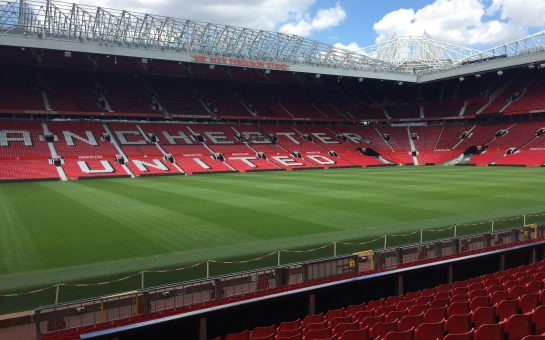The England national football team’s below average showing on the international stage are down to archaic coaching methods according to Manchester City coach Patrick Vieira.
Vieira is the Blues’ elite development squad chief and believes that the national team have failed to move with the times.
Despite being a global centre of club football the former Arsenal man believes that England has failed to adapt to changing tactics in the modern game.
“I believe the game has changed and if the game has changed that means we need to change our methods,” Vieira told BT Sport.
“I believe that the methods in England haven’t changed as much as the game has changed.
“The problem is deeper than just saying there are too many foreigners. I think this is a deeper problem.”
Much has been made of the shallow pool of coaches England have to choose from.
The figures do not make for great reading in comparison to other nations. England have only 1,750 UEFA ‘B’ licensed coaches while Spain have over 20,000 coaches with the same qualification.
England’s under-21’s and under-20’s sides both crashed out in the group stages of their international competitions this year, with 2 points and 4 goals between them.
Germany, widely touted as the next global force, and the producer of both last year’s Champions League finalists, have nearly 30,000 UEFA B licensed coached.
However, Vieira believes the problem has deeper roots and is more to do with the philosophy with which players are trained in at the most basic level.
“At this age and this level you win and lose, but both ways there is so much to take from it,” he said.
“We have to give them time to develop and learn and make mistakes. It is more important than to develop them just to win games.
“They are good players and it is about giving them the confidence to express themselves.
“I want them to be brave, to play. The time for them to make a mistake is now, not when they are in the first team.”
Image courtesy of Ending Hunger via Vimeo, with thanks
For more on this story and many others, follow Mancunian Matters on Twitter and Facebook.



